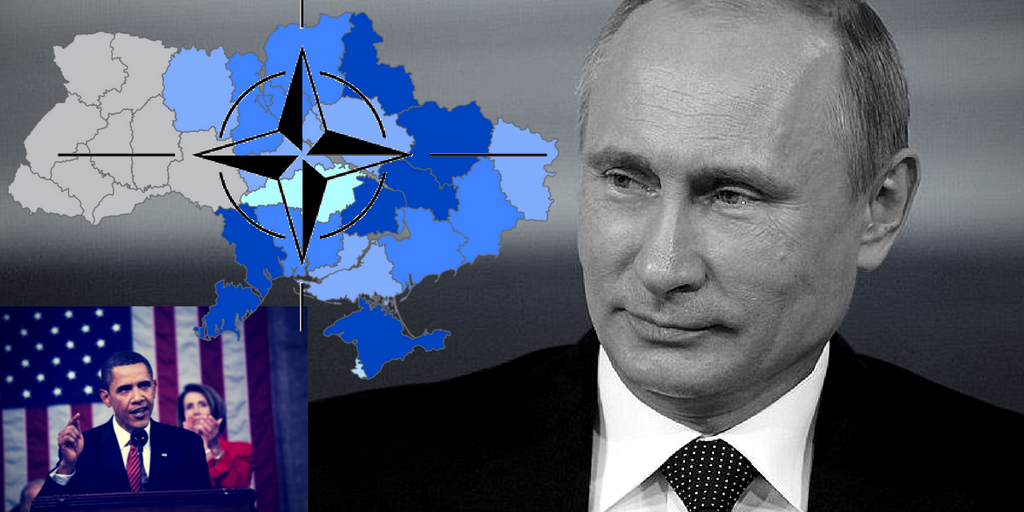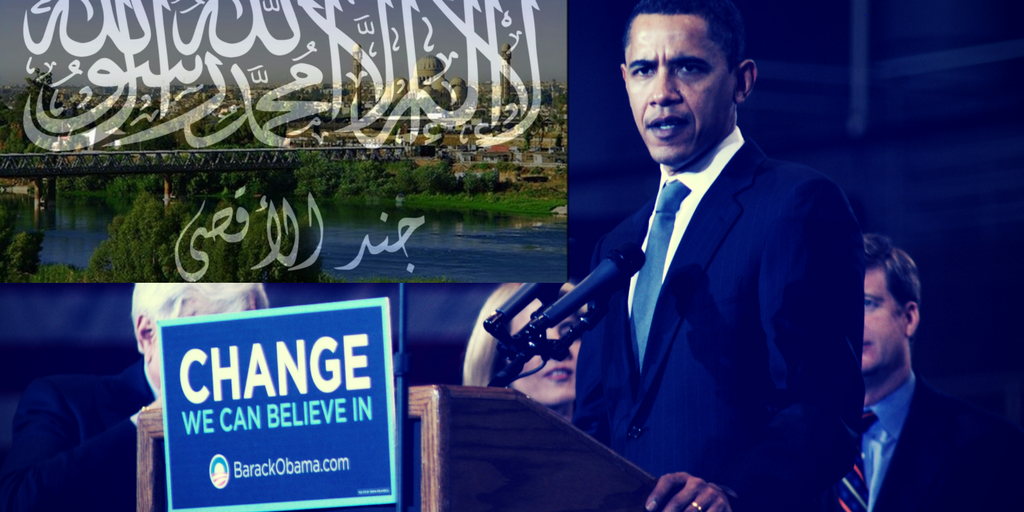Israel’s coalition crisis over the settlements regulation bill is not a normal power struggle between overweening politicians. It is not a popularity contest between Finance Minister Moshe Kahlon and his Kulanu Party and Education Minister Naftali Bennett and his Bayit Yehudi Party.
It is also not about contenders for the helm challenging Prime Minister Benjamin Netanyahu’s political primacy.
The settlement regulation bill proposes to extend the authority of the Military Government in Judea and Samaria to seize privately owned land. That authority is now limited to seizure for military purposes. The bill would allow the Military Government to seize land for the purpose of private construction as well.
The political fight over the bill is not merely a fight over the community of Amona, which will be destroyed by order of the High Court if the law isn’t passed before December 25.
The fight over the law is a fight about the character of Israel.
Opponents of the bill argue that the law undermines the power of the Supreme Court and endangers Israel’s international standing. Proponents of the bill argue that Israel needs to ensure the primacy of the Knesset. They further argue that there is no point in bowing to the will of an international community that is constitutionally incapable of ever standing with Israel.
In case you were wondering, proponents of the bill have it right.
The settlement regulation bill is not a radical bill. It is a liberal reform of a legal regime that harms the civil rights of both Palestinians and Israelis.
Palestinians today are denied their full property rights. Shortly after its establishment in 2004, the Palestinian Authority made selling land to Jews and Christians a capital offense. Dozens of Palestinians have been murdered over the past two decades in extrajudicial executions by both Palestinian security forces and by terrorist militias working hand in glove with Palestinian security forces for the “crime” of selling their land to Jews.
Earlier this year, the Israeli group Ad Kan documented employees of the European-financed far-left groups Ta’ayush and B’Tselem conspiring to hand over to Palestinian forces a Palestinian landowner who expressed interest in selling his land to Jews. During surreptitiously recorded exchanges, they acknowledged that the PA would likely execute him.
The settlement regulation bill empowers the military commander to seize privately owned land and compensate the owners. In other words, it provides a means for willing Palestinian sellers to sell their property to willing Jewish purchasers without risking the lives of the owners.
As I noted in a column on the subject of the bill last week, the legal opinion published by Attorney- General Avichai Mandelblit opposing the settlement regulation bill included four arguments.
Prof. Avi Bell from the Bar-Ilan University School of Law rebutted all of Mandelblit’s claims in an article published two weeks ago in Yisrael Hayom.
As Bell showed, Mandelblit’s claim that the proposed law breaches international law is both irrelevant – since Knesset laws supersede international law, and at best arguable.
Mandelblit further argued that the Knesset has no right to pass laws that supersede international laws pertaining to the belligerent occupation of land seized in war. But Bell demonstrated that the opposite is true. For instance, Israel’s Golan Heights Law from 1981 canceled the military government on the Golan Heights and applied Israeli law to the area.
Mandelblit claimed that eminent domain cannot be used to seize land for private construction projects. But as Bell showed, there are dozens of decisions by US courts permitting eminent domain to be used in just such cases.
Finally, Mandelblit argued that the Knesset doesn’t have the authority to pass laws that contradict High Court decisions. Here too, Bell showed that the opposite is the case.
Israel’s constitutional order is based on its Basic Laws. Basic Law: Knesset defines the Knesset as the highest legislative authority. In line with this, the Knesset has passed numerous laws over the years that have overturned High Court decisions.
On the basis of Mandelblit’s last argument, on Monday, Kahlon announced that Kulanu would not support the settlement regulation law.
Kahlon insisted that his party would not support any law that undermines the court’s authority and since the court ruled that Amona must be destroyed and its residents rendered homeless by December 25, Kahlon will take no action to save the community.
Kahlon insists that he is motivated by a desire to protect the court’s prerogatives. But when assessed in the context of actual laws, it is clear that his position doesn’t primarily defend the court. Rather it undermines the Knesset, and through it, Israeli democracy.
If the Knesset doesn’t have the right to pass laws that run counter to Supreme Court decisions, then the public that elected the Knesset is effectively disenfranchised. Far from securing Israel’s democracy and constitutional order, opposition to the settlement regulation bill undermines both.
Then there is the issue of Israel’s international standing.
On Monday the security cabinet convened to discuss the settlement regulation bill. According to leaked accounts of the six-hour meeting, Prime Minister Benjamin Netanyahu warned Bennett that passage of the bill is liable to cause the International Criminal Court’s Prosecutor Fatou Bensouda to indict Netanyahu as a war criminal.
He also warned that passage of the bill is liable to induce US President Barack Obama to enable an anti-Israel resolution to be adopted by the UN Security Council.
Netanyahu’s claims are deeply problematic.
Insofar as the ICC is concerned, three points counter Netanyahu’s argument. First, Bensouda is already conducting an investigation of Israel.
She opened her investigation shortly after she wrongly admitted “Palestine” as a state member of the ICC.
The ICC will continue to investigate Israel whether or not the Knesset passes the settlement regulation law. And the merits of the bill will have no impact on the ICC’s decision to prosecute or close the investigation.
The second problem with Netanyahu’s claim is that just by making it – and leaking it to the media – he empowered the ICC.
The ICC is becoming weaker by the day. Angry over the political nature of its prosecutions, African states are abandoning it. Russia also has announced it is walking away.
Israel should welcome this development.
The Treaty of Rome which established the ICC made clear that one of the court’s purposes is to criminalize Israel.
By arguing that the ICC will respond to the passage of the regulation bill by indicting Israel, Netanyahu is lending credence to the false claims that there is something unlawful about the bill on the one hand, and that the ICC’s politically motivated investigation of Israel is legally defensible on the other hand. Indeed, by claiming wrongly that passing the bill will expose Israel to ICC investigation, Netanyahu is effectively inviting the ICC to persecute him.
The ICC, like its comrades in the lawfare campaigns worldwide, always target those perceived as vulnerable to pressure. This is why leftists like former justice minister Tzipi Livni are targeted for war crimes complaints while current Justice Minister Ayelet Shaked is left alone.
The most extraordinary example of this sort of political targeting came on Monday. The same day Netanyahu was making the case for the ICC and Obama in the cabinet, word came that Palestinian immigrants in Chile have filed a war crimes claim against three High Court justices. Former Palestinians from Beit Jala, south of Jerusalem, filed war crimes charges against retired Supreme Court president Asher Grunis and sitting justices Uzi Vogelman and Neal Hendel, all being accused of committing war crimes for their decision last year regarding the route of the security barrier around Jerusalem.
There is no governing institution in Israel more sensitive to war crimes accusations than the Supreme Court. To avoid just such charges, justices routinely second-guess military commanders and the government and deny them the right to use their best professional judgment to defend the country.
In the decision for which they are accused of war crimes, the three justices gave qualified approval to the IDF to complete the security barrier around Jerusalem on land owned by the petitioners in Beit Jala. In their ruling, the justices actually sided with the petitioners’ claim that the proposed routes harmed their rights and insisted that the IDF prove that it had no means of defending the capital without building the barrier along the proposed routes.
And for their efforts, the justices are now being accused of war crimes.
The same flawed premise at the heart of Netanyahu’s claim that approving the bill will cause Israel to be prosecuted for war crimes stands at the heart of his claim that passing the law will increase the possibility that Obama will allow an anti-Israel resolution to pass in the UN Security Council.
The problem with this argument is that it ignores the basic fact that Obama’s desire to stick it to Israel at the UN Security Council has been a consistent feature of his presidency for eight years. Obama has wielded this threat against Israel without regard for its actual policies. He has threatened us when the government froze Jewish building rights. He has threatened us when the government respected Jewish building rights. If Obama decides to enable an anti-Israel resolution to pass through the UN Security Council during his remaining seven weeks in office, he will do so regardless of whether the Knesset passes or scuppers the settlement regulation bill.
The only thing likely to prevent Obama from harming Israel at the Security Council at this point is a clear message to the UN from the incoming Trump administration.
For instance, if President-elect Donald Trump announces directly or through an intermediary that Security Council action against Israel over the next seven weeks will induce the Trump administration to withhold US funding from the UN, UN officials will likely stuff draft resolutions to this effect into a drawer.
Netanyahu’s actions do more to harm his future relations with Trump than advance his current relations with Obama. If Netanyahu blocks passage of the settlement regulation bill, he is likely to enter the Trump era as the head of a government on the verge of collapse. Rather than be in a position to reshape and rebuild Israel’s alliance with the US after eight years of Obama’s hostility, Netanyahu may limp to his first meeting with the new president, the head of dysfunctional government beyond his control, and at the mercy of a legal fraternity and an international judicial lynch mob that he will have just empowered.
Originally published by the Jerusalem Post.
[huge_it_share]





